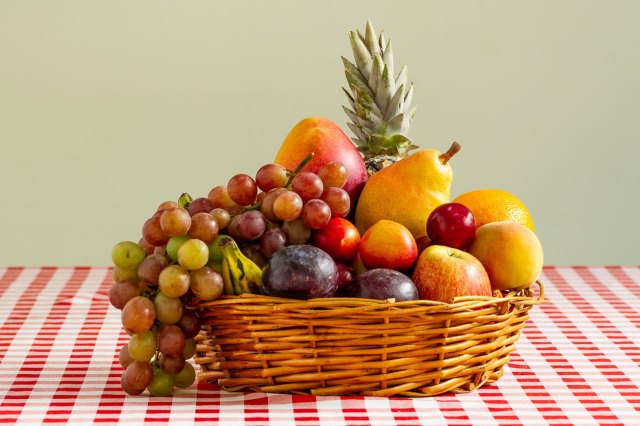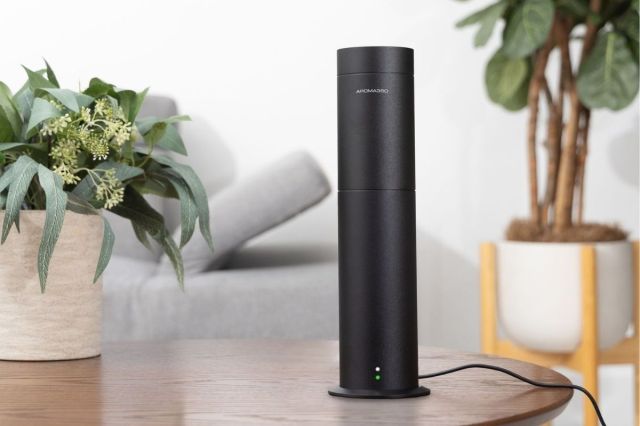In the cold beverages section of your local grocery store or bodega, amid the kombucha and flavored seltzers, you may see “pressed” juices on display. Unlike their shelf mates, these juices usually have a faster expiration date and are often jam-packed with fruits and vegetables. These are known as pressed or cold-pressed juices. Cold-pressed juice is often considered a nutritional hack, but is it the same as getting your daily intake of fruits and veggies?
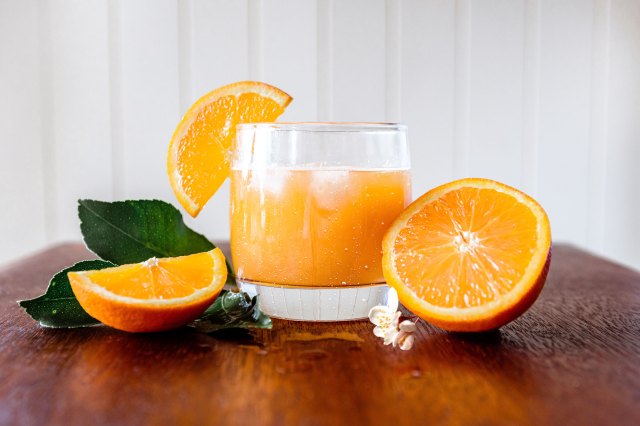
How Is Pressed Juice Different From Normal Juice?
The “normal” juice that comes to mind when buying a carton at the grocery store has been pasteurized. Pasteurization involves heating the juice to kill bacteria and other impurities before re-cooling and packaging. This allows juice to be shelf-stable for longer, which is the case for most cartons of orange juice or bottles of apple juice in the store. Pressed juice is different: the fruits and vegetables are squashed — or pressed — between two metallic plates. No heat is involved in the process, which means, to some degree, cold-pressed juice is “fresher.” Without pasteurization, however, the resulting juice needs to be consumed faster.
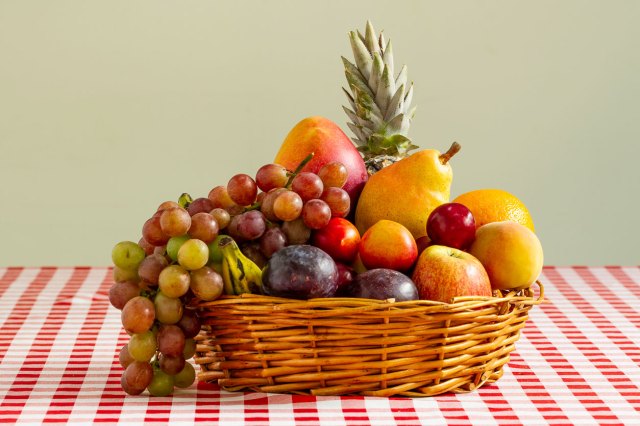
Is Pressed Juice as Nutritious as Full Fruit?
Pressed juice contains almost all the nutrients of full fruits and vegetables, minus one particularly good vitamin: fiber. When the fruits and vegetables are pressed, they lose the fiber that makes them crunchy or chewy.
People often decry how much sugar is in pressed juice. Most of that sugar is natural and the same amount as in a regular fruit, but consider how much natural sugar is in one apple compared to six apples pressed into one jar. It’s not so much that pressed juice is “full of sugar” but that more fruits and vegetables can fit into a smaller container when compressed, increasing the amount of sugar overall. There’s also always the risk of bacteria since the juice hasn’t been pasteurized, so each sip is a bit of a little gamble.
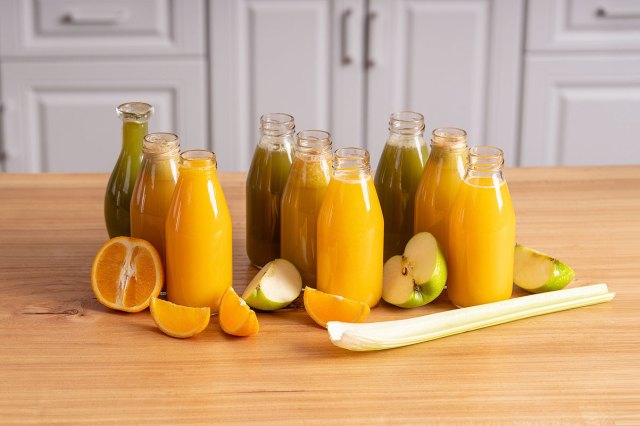
So, Should You Buy Pressed Juice?
Like most foods, it’s about finding balance. Pressed juice can be a great way to get some extra vitamins and nutrients quickly and efficiently, especially if you struggle to fit certain foods into your diet (we’re looking at you, kale). But you don’t want to replace regular fruit and veggie intake with juice completely — keep buying apples and spinach in addition to pressed juice so you don’t miss out on your daily dose of fiber. Also, make sure your pressed juice comes from a reputable source that thoroughly washes the fruits and vegetables before pressing them to reduce the chances of picking up bacteria.
Featured Image Credit: Walter J Peres/ iStock
More From Our Network
Better Report is part of Inbox Studio, an email-first media company. *Indicates a third-party property.
